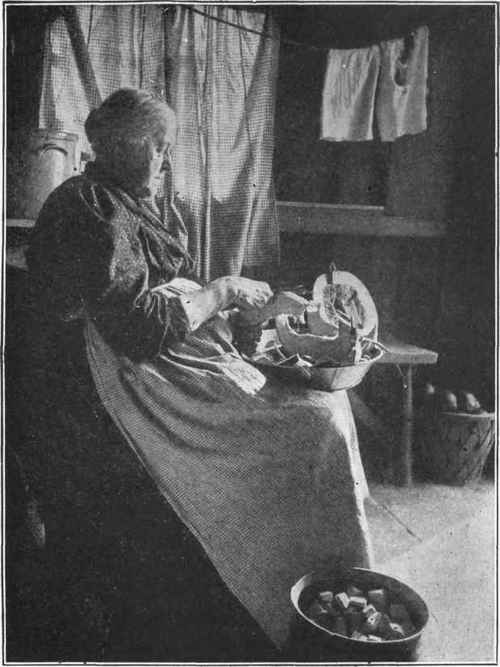90 Progress And Outlook Of Social Insurance In The United States. Constructive Legislation
Description
This section is from the book "Elementary Economics", by Charles Manfred Thompson. Also available from Amazon: Elementary Economics.
90 Progress And Outlook Of Social Insurance In The United States. Constructive Legislation
The only important step taken in this country toward state regulation of social insurance has been in connection with industrial accidents. Until recently the old common law, which lays a great deal of responsibility for accidents on the employees themselves, was in full force. Under this law an injured workman had no legal redress against his employer if it could be proved that either he or any of his fellow employees had been the cause of the accident. Even when the employer was clearly to blame it was almost impossible for an injured employee to secure damages, owing to the heavy costs of court litigation. Now and then an injured employee was able to secure a large damage from his employer, but this was the exception rather than the rule. Usually also a large portion of such awards went to pay legal fees and court costs. It must not be thought, however, that the employer had no worries in this connection. He stood in constant dread of being sued for damages resulting from accidents; and the fact that he usually won his cause in court carried little consolation, for legal successes are excessively costly.
It is little wonder then that Congress as well as various state legislatures finally gave attention to providing compulsory accident insurance. In 1908 a federal law provided accident insurance for a majority of the industrial employees of the government. A little later many of the states took steps to protect privately employed workmen. The result has been that more than one-half of the states have workmen's compensation laws. Naturally these laws vary in detail, yet they possess in general three characteristics: (1) protection for workers in hazardous occupations, (2) little or no responsibility for accidents placed on employees, (3) costs of maintaining insurance imposed on employers. In some of the states, employers must provide accident insurance for their employees. In others it is a matter for employers and their employees to decide; usually with the provision that the refusal of either party to enter into such voluntary arrangements as were provided by the state puts the party refusing at a disadvantage before the courts.

Copyright, Underworld & Underwood, New York,.
Dependent on Charity. Numerous private organizations assist in caring for dependent members.
Continue to:


